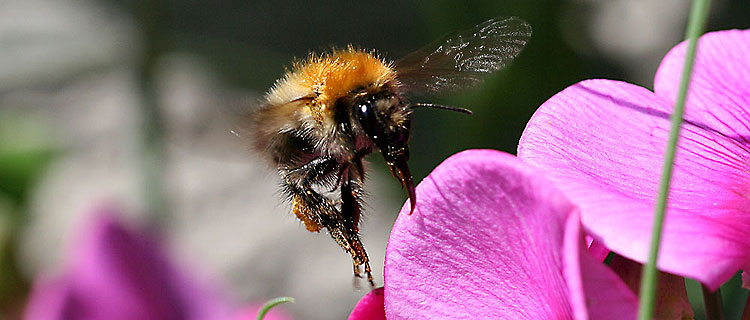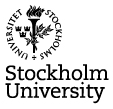
Global change and networks of ecological interactions
Seminar with Prof. Jordi Bascompte, Wednesday, June 17, 2009, 11.00-12.00.
Specifically, global change increases intensity of pathogen infection, weakens plant mutualisms, and enhances herbivory. One of the biggest challenges now is to understand the unanticipated community-wide consequences of these effects as we scale from pairwise interactions all the way to entire networks. To tackle this question, Prof. Bascompte will review recent research on the networks of mutualistic interactions between plants and their animal pollinators and seed dispersers.
Mutualistic networks are highly heterogeneous, nested, and asymmetric. These network patterns maximize species richness through a reduction in interspecific competition, and increase network robustness to species extinctions.
However, because pylogenetically similar species tend to play similar roles in the network, extinction events trigger non-random coextinction cascades. This implies that taxonomic diversity is lost faster than expected if there was no relationship between phylogeny and network structure.
About Prof. Bascompte
Jordi Bascompte´s research combines mathematical models, simulations, and data set analysis to address fundamental and applied questions in ecology. His current main interest focuses on networks of ecological interactions.
His goal is twofold: to describe the structure of these networks, and to relate this structure to their persistence and coevolution.
Jordi is the recipient of the European Young Investigator (EURYI) Award (2004), and the Ecological Society of America's George Mercer Award (2007).
He is currently the Ideas and Perspectives Editor in Ecology Letters, and co-author of Self-Organization in Complex Ecosystems (Princeton University Press).
Time and place
Estación Biológica de Doñana, Spanish Research Council, Sevilla, Spain
Wednesday, June 17, 2009, 11.00—12.00
Linné Hall, the Royal Swedish Academy of Sciences, Lilla Frescativägen 4, Stockholm
Vacancies | Contact | Environmental policy | Cookies
Stockholm Resilience Centre
Stockholm University, Kräftriket 2B | Phone: +46 8 674 70 70 | info@stockholmresilience.su.se
Organisation number: 202100-3062 | VAT No: SE202100306201


